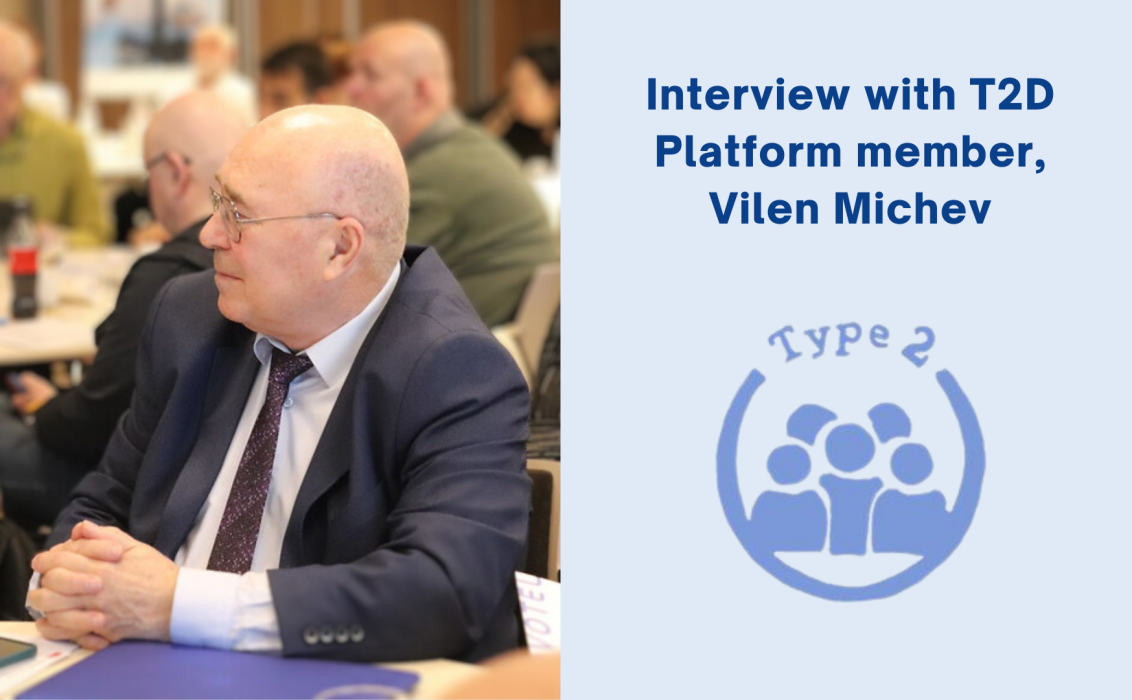The focus of our healthcare systems in 2020 was rightfully on controlling the spread of COVID-19, an infectious disease wreaking havoc on human health, societies, and economies. The existing silent pandemic of non-communicable diseases has not gone away though and the link between the risk of developing severe forms of COVID-19 and underlying conditions such as diabetes and cancer has made it glaringly obvious that diseases can no longer be treated in isolation.
In order to strengthen our health systems and provide better quality care, we must shift to an integrated care model. This entails bringing together the different streams and levels of care (education, mental health services, primary, secondary care, etc.) that one may traditionally receive separately and placing people at the centre of their care, recognising their specific set of needs based on their individual health requirements that must be considered every step of the way. This is an essential requirement for all and is all the more important for people living with cancer, who may also live with other non-communicable diseases. For example, an estimated 1 in 5 people with cancer also live with diabetes. Given the 19 million people worldwide who developed cancer in 2020, this is a significant proportion of the human population. People living with Type 1 diabetes are reported to be more at risk of developing certain types of cancer, such as cervical and stomach cancer, while people with Type 2 diabetes have an increased risk of developing liver, pancreatic, colorectal, endometrial, breast, and bladder cancer. Some cancer treatments also increase one’s risk of developing diabetes.
The link between these two non-communicable diseases cannot be ignored and the health benefits that integrated care can bring to people living with more than one condition is immense. Integrated care can create environments conducive to healthy living, provide regular screening for risk factors, allow for early diagnosis and provide peer support for people living with diabetes and cancer, and many other conditions, and generally reduce the burden of these conditions.
For this reason, IDF Europe calls on national governments to take urgent measures to foster the setting up and/or further development of more integrated healthcare systems to help improve the lives of people living with cancer and other non-communicable diseases.



